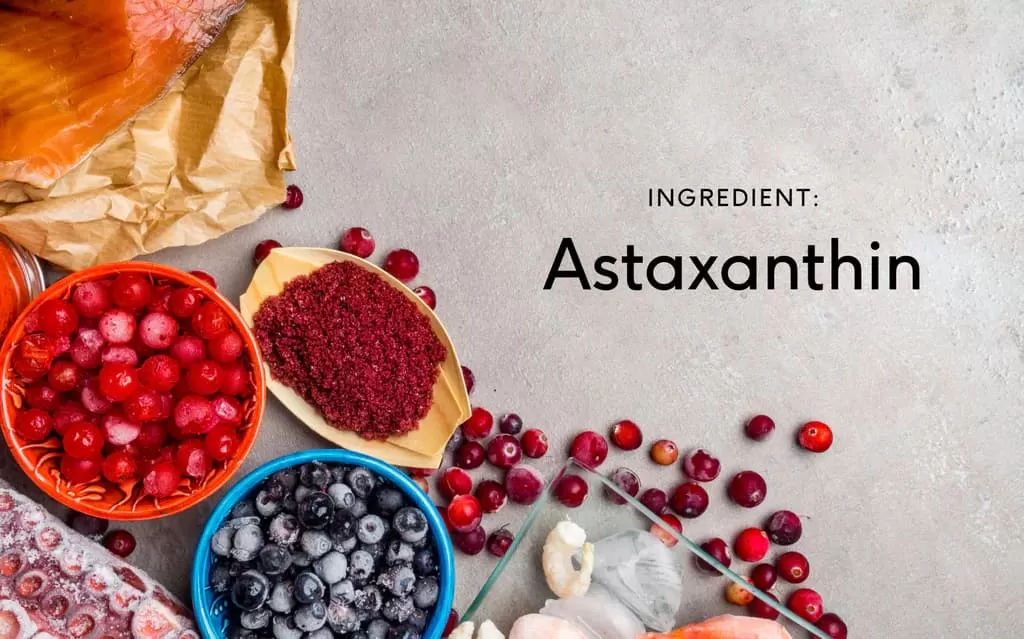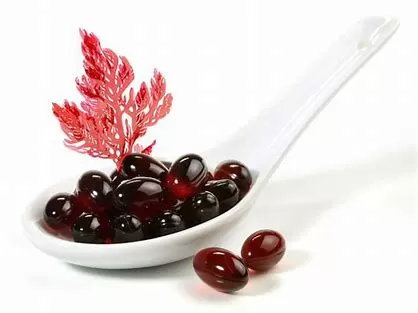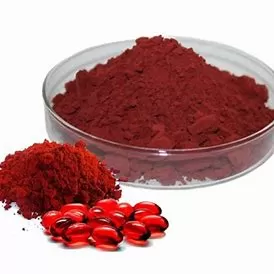- 0086-571-85302990
- sales@greenskybio.com
Astaxanthin: Who Should Avoid This Potent Antioxidant?
2025-05-30
Astaxanthin, a naturally occurring carotenoid, has gained attention for its potent antioxidant properties and associated health benefits. Primarily derived from microalgae, this reddish pigment is responsible for the pinkish hue in seafood like salmon, shrimp, and lobster. Praised for its ability to combat oxidative stress, boost immune function, and promote skin and eye health, Astaxanthin is increasingly available as a dietary supplement. However, despite its broad potential, Astaxanthin is not suitable for everyone. Understanding who should avoid astaxanthin and the reasons behind such caution is crucial for safe supplementation.
Understanding Astaxanthin’s Benefits
Before exploring who should not take astaxanthin, it's helpful to understand the properties that make it attractive to many individuals. Astaxanthin is distinguished as one of the most powerful antioxidants, neutralizing free radicals and reducing oxidative damage in cells. This effect can decrease inflammation and promote cellular health, potentially benefiting cardiovascular, joint, and skin health. These properties have sparked interest in astaxanthin as a supplement among those looking to enhance their overall wellness, maintain youthful skin, and support athletic recovery.
Additionally, studies have suggested that astaxanthin may support eye health, with some evidence indicating it can reduce symptoms of fatigue and improve visual acuity. Its immune-boosting and anti-inflammatory properties also make it a popular consideration for supporting long-term health.
Despite its extensive benefits, astaxanthin supplementation isn't universally advisable. Certain populations should approach astaxanthin with caution or avoid it altogether.
Individuals With Allergies to Seafood
Astaxanthin is naturally found in seafood like salmon, shrimp, and lobster, and synthetic supplements often mimic the properties found in these marine sources. Individuals with allergies to seafood should exercise caution and consult with a healthcare provider before using astaxanthin supplements. Although synthetic astaxanthin does not contain seafood proteins, cross-reactivity could potentially occur, and it's best to proceed with professional guidance.
Pregnant and Breastfeeding Women
Pregnant and breastfeeding women should be cautious with astaxanthin supplementation. While astaxanthin is generally considered safe when consumed as part of a normal diet (such as through seafood), the concentrated form found in supplements may not be advisable. Limited research exists on the effects of high-dose astaxanthin during pregnancy and lactation, necessitating caution. Metabolic and hormonal changes during these periods can affect how the body responds to supplements, and erring on the side of caution is generally recommended.
Individuals With Autoimmune Conditions
Astaxanthin has immune-modulating properties that can influence immune system activity. For individuals with autoimmune conditions, where the immune system mistakenly attacks healthy cells, astaxanthin supplementation could potentially exacerbate symptoms or disrupt disease management. Understanding the nuances of each autoimmune condition is critical, and consulting with healthcare professionals about the potential impact of astaxanthin is advised before considering supplementation.
People Taking Specific Medications
Certain medications could interact adversely with astaxanthin, affecting drug efficacy or increasing the risk of side effects. For example, astaxanthin’s potential to lower LDL cholesterol might enhance the effects of cholesterol-lowering drugs (statins) beyond intended levels, adversely affecting cardiovascular health. Additionally, pharmacological agents that affect hormone levels might interact with astaxanthin, given its effect on inflammation and molecular signaling pathways.
Anti-coagulant and anti-platelet drugs could also interact with astaxanthin, potentially increasing the risk of bleeding complications. Individuals on these medications should consult healthcare providers to weigh the benefits and risks of introducing astaxanthin into their regimen.
Individuals with Known Astaxanthin Sensitivity
While relatively rare, some individuals may experience sensitivity or adverse reactions to astaxanthin. Symptoms can include gastrointestinal discomfort, changes in skin pigmentation, or hormonal effects. Individuals experiencing unusual symptoms upon consumption of astaxanthin should discontinue use and seek medical advice. Sensitivity reactions can vary, and monitoring the body's response to new supplements is always prudent.
Children and Adolescents
The safety and efficacy of astaxanthin supplementation in children and adolescents have not been thoroughly researched. Nutritional needs and physiological responses differ in developing bodies compared to adults, and the impact of concentrated astaxanthin is not well understood. While astaxanthin-containing food sources, such as salmon, are generally safe for children, supplements should be approached with caution and involve guidance from healthcare professionals.
Conclusion
Astaxanthin is a powerful antioxidant with numerous health benefits, but it is not universally suitable for all populations. Individuals with seafood allergies, pregnant or breastfeeding women, those with autoimmune conditions, people taking specific medications, or those with known sensitivity should be especially cautious and seek medical advice before considering astaxanthin supplementation. Assessing personal health circumstances and consulting with healthcare providers ensures that supplementation is tailored to individual needs and avoids potential adverse reactions.
Ultimately, while astaxanthin offers notable advantages in promoting health and combating oxidative stress, responsible usage requires informed decision-making, particularly among populations that may experience heightened risk. As with any dietary supplement, professional guidance helps individuals navigate choices to support wellness safely and effectively.
-
Does astaxanthin affect sleep?
2025-05-30
-
Which food has the highest astaxanthin?
2025-05-30
-
Why is astaxanthin so expensive?
2025-05-30
-
What are the benefits of astaxanthin?
2025-05-30
-
What is astaxanthin made from?
2025-05-30














